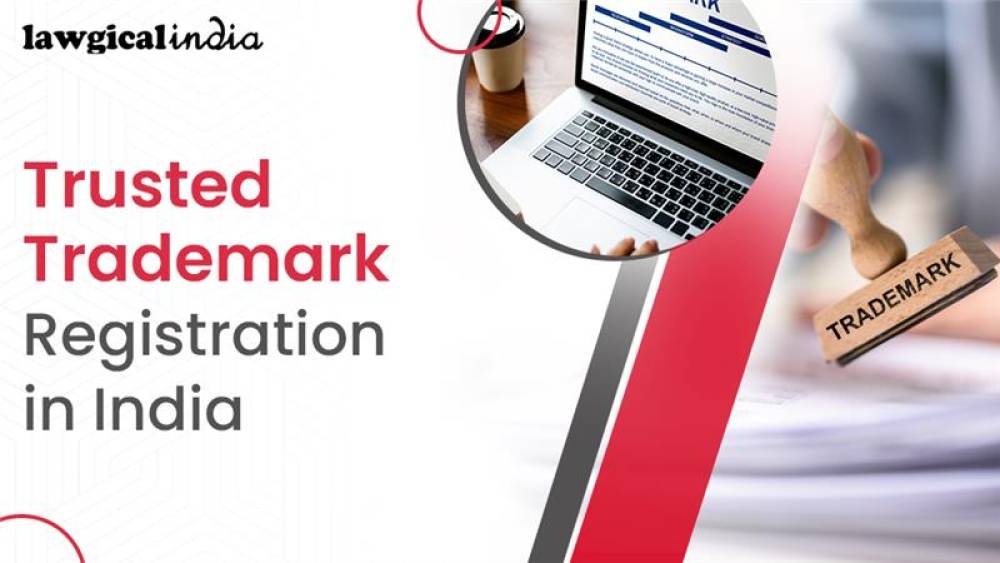A Section 8 Company is a kind of corporation whose goal is to improve the lives of the socially and economically underprivileged rather than to create a profit. It is a nonprofit organization with a corporate structure. Directors must, therefore, supervise the business.
What is the necessary number of directors for a Section 8 company?
Well, that depends on whether the business is private or public (hence open to investors from the broader public) (only members are allowed to invest).
So, in this article, we'll go into detail regarding how many directors are needed for a Section 8 company registration.
Main Function Of A Section 8 Company
If you are confused between Section 8 and public companies, you should know that a public or private firm could be changed into a Section 8 company. The ultimate authority to grant these businesses licenses is the Indian government. Even modifying any item owned by such firms requires permission from the Indian government.
A Section 8 company is permitted to pursue its goal of making money while achieving its primary goals. However, these businesses cannot distribute their earnings to their shareholders. Their major objectives or initiatives must be developed further using the proceeds from their ventures.
How many no. of directors are there in a Section 8 company?
Section 149(1) of the Companies Act of 2013 established a minimum of 3 and a maximum of 15 directors for public limited and private limited companies, respectively.
However, in the case of Section 8 companies, there is no described minimum or maximum limit.
Section 149(3) of the Companies Act of 2013 says that, all company must have resident directors.
According to Section 149(3) of the Companies Act of 2013, all company must have resident directors.
According to Section 165 of the Companies Act of 2013, directorships in Section 8 companies are not added together when determining the overall number of directorships, i.e., they are not counted against the maximum number of twenty directorships allowed by the Act.
Section 149(1) of the Companies Act, 2013, under an exemption notification dated June 5, 2016, Section 8 Companies are exempt from all subsequent provisions relating to independent directors. They are not required to appoint an independent director.
A corporation must have at least one Resident Director or a director who has lived in India for 182 days (one hundred and eighty-two days) or more to comply with Section 149(3) of the Section 8 Act.
Process for Appointment of Directors in a Section 8 Company
For a Section 8 company or a firm in general, there are two types of director appointments:
- The shareholders appoint a company's directors to serve as 2/3 of the board at the establishment time.
- Appointment of directors once the Section 8 company is established:
- The procedure for appointing new directors in a Section 8 company is as follows:
- Call a meeting of the board to elect a new director in section 8 company.
- Obtain the board's decision.
- Create an appointment letter.
- Obtain the FIR-2 form, and have the director you wish to designate fill it out.
- Obtain the director's identification documents, including a photo ID and proof of address.
List of Documents Required for the Section 8 Company Registration
- Digital Signature Certificate
- Articles of Association
- Association Bylaws
- Passport size Photograph
- Members' I.D. evidence, including voter identification and Aadhar cards
- Information about the Director (When Other Companies or LLPs Are Members)
- Address proof
- Director's license number
Section 8 Company registration process
Step 1: Application for Certificate of Digital Signature (DSC)
Section 8 Company Incorporation is a fully digital process. Hence, a digital signature is required.
Directors and subscribers of the company's memorandum must submit applications to accredited agencies for a DSC. Three detailed verifications—document, video, and phone—are required as part of this process. It does not take more than 24 hours to complete the entire DSC application procedure online.
Step 2: Requesting the Name's Availability
The SPICE RUN form, a portion of the SPICe+ form, can be used to request a name for a Section 8 Company. When submitting the name application, you must specify the industrial activity code and the company's object clause.
Note: It is important to ensure that the company name does not conflict with any existing trademarks or breach any of the requirements for names and emblems.
Step 3: Obtaining a Section 8 License Application
Before issuing a Certificate of Incorporation for a Section 8 Company, the Ministry of Corporate Affairs issues an approval letter under Section 8 of Part 1 or a License under Section (1) of the Companies Act, 2013. Form INC-12 must be submitted to the Registrar of Companies to get the license under Section 8 Company. After the Central Government has approved the form, ROC will issue a 6-digit Section 8 license number.
Step 4: SPICE Form Submission (INC-32)
After the name has been approved, you must fill out the SPICe+ form with information about the company's registration. It is a condensed form for electronically forming a company. The form's information is as follows:
- Details about the business
- Information about subscribers and members
- Director Identification Number Request (DIN)
- Submission of a PAN and TAN
- Directors and subscribers' proclamation
- Professional declaration and certification
Step 5: e-MoA (INC-33) and e-AoA filing (INC 34)
The associated forms SPICE e-MoA and e-AoA must be created at the time of the company registration application.
Section 2(56) of the Companies Act 2013 defines the Memorandum of Association (MOA). It is a legal document that is prepared during the company's formation. It outlines the company's objectives, powers, and constitution.
The Article of Association (AoA) is defined under Section 2(5) of the Companies Act. It includes a list of all policies and procedures for business management.
Step 6: Release of COI
The relevant agency shall grant PAN, TAN, and Certificates of Incorporation upon the Ministry of Corporate Affairs' clearance of the abovementioned documents. The business must now use these documents to open a current bank account.
Conclusion
Directors are crucial to a Section 8 Company because they ensure that the organization's goal is always to serve people. Your organization will be more narrowly focused on the more directors you have. Therefore, to manage such a company entity, you always need more than one director.
Contact Lawgical India's specialists for additional information about Section 8 companies and the registration process. Also, get a Section 8 company registration at an affordable price.












No comments yet. Be the first to comment!